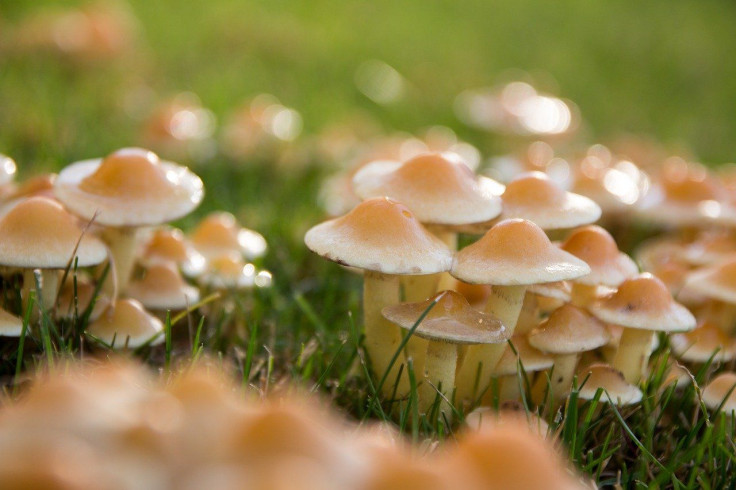Magic Mushroom: Psilocybin Treatment Eases Depression Symptoms Up To 1 Year, Study Finds
KEY POINTS
- The "substantial" effects of psilocybin lasted for 12 months in some patients
- It shows psilocybin may have immediate and long-duration effects against depression
- The researchers cautioned people against trying it on their own
Researchers followed up on a previous study wherein the psilocybin treatment proved helpful for patients with major depressive disorder (MDD). They found that for some patients, the psychedelic treatment's effect can last up to one year.
The psychedelic known as psilocybin, which can be found in magic mushrooms, can have the effect of altering a person's awareness, thoughts and feelings. However, it has also shown promise as a treatment for a range of mental health disorders, Johns Hopkins University School of Medicine noted in a news release.
In a previous study, researchers found that it is actually quite effective as a treatment for MDD, with participants who had moderate to severe MDD having their symptoms relieved for up to one month. In fact, half of them achieved remission by the four-week follow-up.
For the follow-up study of the participants, published in the Journal of Pharmacology, 24 of the participants completed the psilocybin sessions and the follow-up one day and one week after each of the sessions as well as one, three, six and 12 months after the second session.
Their depressive symptoms were measured before and after the treatments using the GRID-Hamilton Depression Rating Scale. In it, a score of 24 or higher indicates severe depression, 17-23 indicates moderate depression, 8-16 indicates mild depression while a score of 7 or less indicates no depression.
Most of the participants' scores decreased from 22.8 prior to the treatment to 8.7 at week one after treatment. The scores were at 8.9 four weeks after treatment then at 9.3 three months after the treatment, the university noted. By six months, their scores were at 7, then at 7.7 by 12 months after the treatment.
"There were no serious adverse events judged to be related to psilocybin in the long-term follow-up period, and no participants reported psilocybin use outside of the context of the study," the researchers wrote.
According to the researchers, this shows that under "carefully controlled conditions," psilocybin-assisted therapy's "substantial antidepressant effects" may last for at least 12 months in some patients.
"Compared to standard antidepressants, which must be taken for long stretches of time, psilocybin has the potential to enduringly relieve the symptoms of depression with one or two treatments," Roland Griffiths, Ph., of the Johns Hopkins School of Medicine, said in the news release.
Word Of Caution
The researchers noted that more study is needed to see if the effects could last for more than 12 months. Furthermore, they cautioned people against trying to do the therapy on their own.
"(T)he results we see are in a research setting and require quite a lot of preparation and structured support from trained clinicians and therapists, and people should not attempt to try it on their own," Natalie Gukasyan, M.D., also of Johns Hopkins University School of Medicine, said in the news release.
Even back in 2017, when the research was already showing psilocybin's promise in relieving depression and anxiety, the experts had urged both the public and even researchers to be careful about using the compound. This happened after survey results showed 93% of the respondents said they had "bad trips" from using psilocybin more than twice.
"Considering both the negative effects and the positive outcomes that respondents sometimes reported, the survey results confirm our view that neither users nor researchers can be cavalier about the risks associated with psilocybin," Griffiths then said.

© Copyright IBTimes 2024. All rights reserved.






















